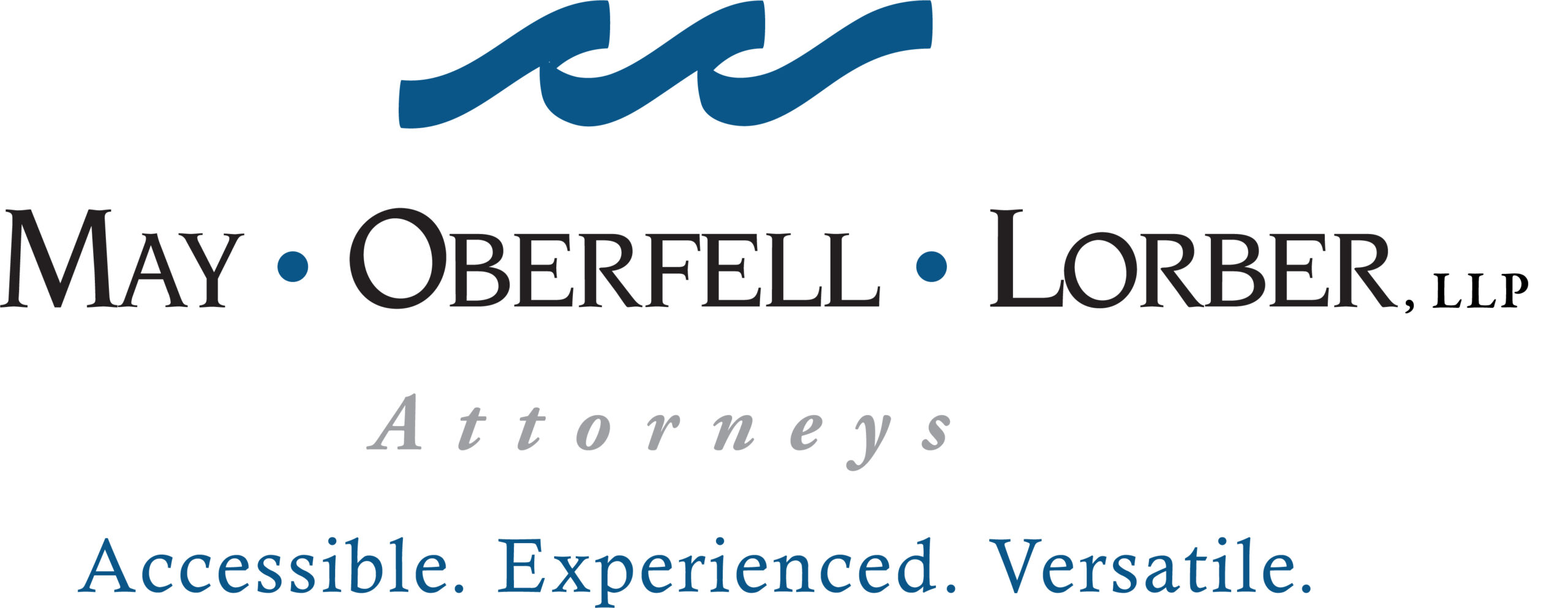DISCOVERY IN WORKER’S COMPENSATION CASES
The Worker’s Compensation Board favors informal discovery, yet formal discovery is provided for in 631 Indiana Administrative Code (“IAC”) 1-1-3 – Rules of practice in proceedings:
Except as provided below, the board will not be bound by any technical rules of practice in conducting hearings, but will conduct hearings and make investigations in reference to the questions at issue in a manner as in its judgment is best adapted to ascertain and determine expeditiously and accurately the substantial rights of the parties and to carry out justly the spirit of the Indiana worker’s compensation act (IC 22-3-2 through IC 22-3-6) and the Indiana worker’s occupational diseases act (IC 22-3-7). However, the board incorporates by reference the provisions of Trial Rules 26 through 37, as amended, of the Indiana Rules of Trial Procedure, into this rule. (Depositions pursuant to TR 30, Interrogatories pursuant to TR 33, Requests for Production pursuant to TR 34, Physical and Mental Examinations pursuant to TR 35 [the board allows this anyway under IC 22-3-3-6], and Requests for Admission pursuant to TR 36.)
The Board favors expeditious and speedy resolutions, as stated in two more sections of the IAC:
631 IAC 1-1-10 – Expediting proceedings; notice of hearings; continuances:
1. The policy of the board, implementing the spirit of the worker’s compensation act (IC 22-3-2 through IC 22-3-6), is to determine all questions brought before it as speedily and expeditiously as possible. Therefore, proceedings before the board shall be conducted with the least possible expense and with the greatest practical dispatch . . .
631 IAC 1-1-11(c) – Stipulations:
(c) To the end that proceedings may be disposed of expeditiously and with the least possible expense to the parties and the state, the board encourages the parties to stipulate facts whenever it can reasonably be done.
When might formal discovery be appropriate in a worker’s compensation case? Here are some non-exhaustive examples:
1. Questionable injury or questionable circumstances surrounding the injury;
2. Extended length of time between the alleged injury date and the reporting of the injury;
3. Known prior medical history to the body part alleged to have been injured;
4. Employee is known to have been treating with other healthcare providers during course of treatment for accepted injury;
5. Employee has treated with other healthcare providers after the employee’s release at maximum medical improvement (“MMI”);
6. Issues involving whether appropriate amount of temporary total disability (“TTD”)/temporary partial disability (“TPD”) has been paid or whether TTD and/or TPD needs to be paid at all;
7. Employee claims to be permanently & totally disabled (“PTD”).
There are some cases where conducting discovery is necessary and important. Generally, the key is to keep it narrowly tailored to the contested issues.
This article is for information purposes only and is not intended to constitute legal advice.
